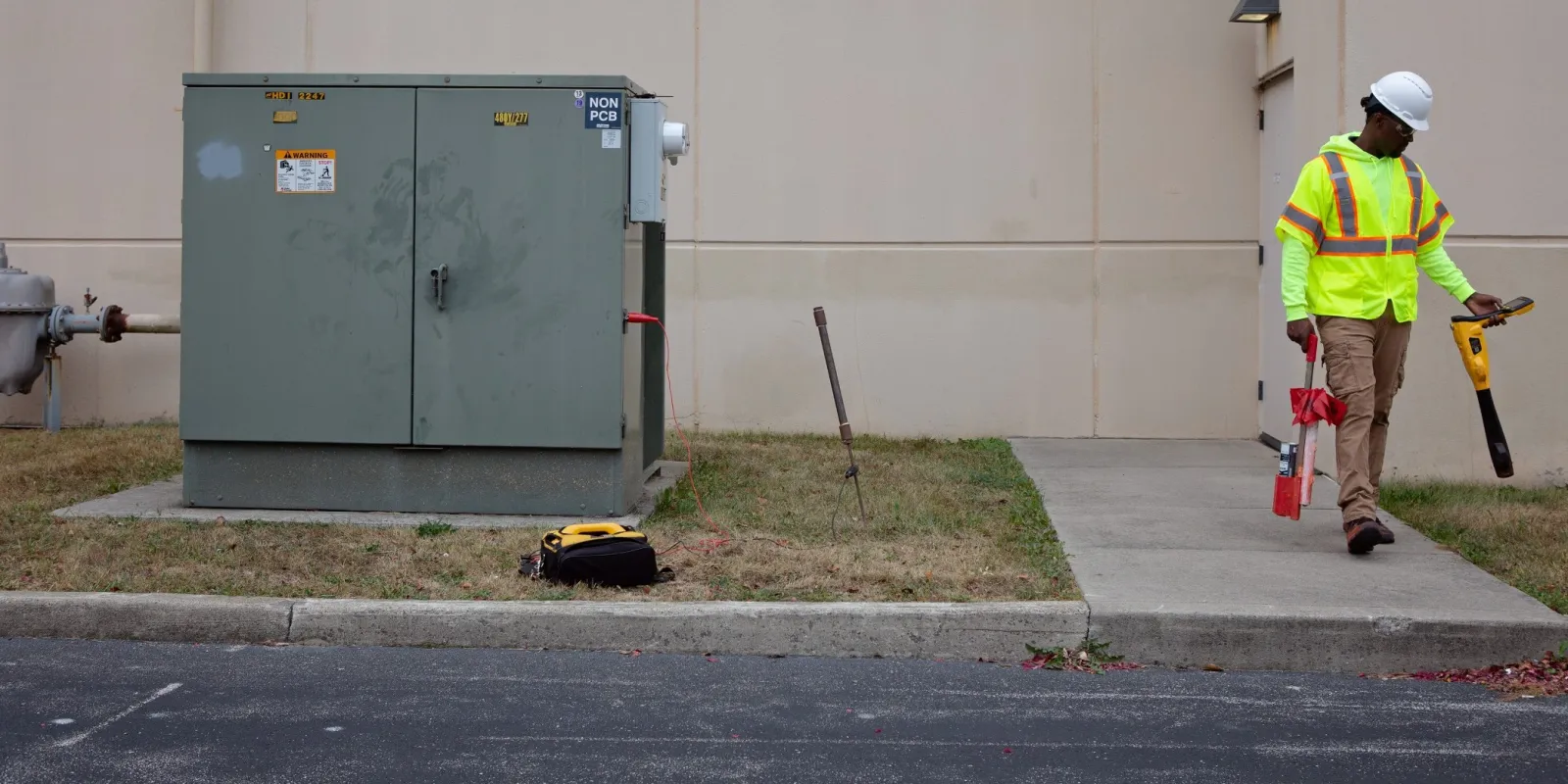

Tuesday, February 21st 2023
A public utility locator is a professional who specializes
in identifying the location of underground utilities owned by public utilities.
These utilities may include gas, water, sewer, electrical, and
telecommunications lines that are owned and maintained by local government
entities or public service companies.
Public utility locators use a variety of tools and
techniques to identify the location of these utilities, including
electromagnetic utility locating equipment and Ground Penetrating Radar. They also consult utility maps and public
records to get a better understanding of the location of the utilities in a
given area.
The services of a public utility locator are often sought by
construction companies, property developers, or homeowners who are planning to
excavate or dig on a property. By identifying the location of public utilities
in advance, they can avoid accidental damage, which could be costly and even dangerous.
It's worth noting that public utility locators are typically
employed by the utility companies themselves or by local government entities,
and their services are often provided free of charge to those who need
them. The service they provide is not
exactly free though, as it's paid for by the utility owner. Utility owners do this because it is in the
best interest of public safety and in the financial interest of the utility
owner to ensure that the utilities are located and protected from damage.
Private utility locators also use a variety of tools and
techniques to identify the location of private utilities, including
ground-penetrating radar, electromagnetic detection, and acoustic
detection. Unlike their public utility
counterparts, private locators rarely have reliable utility maps to assist
them. Private utility locators must rely
on their knowledge of underground infrastructure, utility locating equipment,
utility locating theory, and have adequate field experience to be effective
professionals.
The services of a private utility locator may be sought by
government entities, construction companies, property developers, surveyors,
engineers, or homeowners who are planning either excavation or design work of a
property. By identifying the location of the private utilities in addition to
the public utilities, a private utility locator can help to create a full
picture or ALL infrastructure in the area greatly reducing the risk of a
utility damage, service outage, or in the worst case the loss of life.
The short answer is NO! Certification requirements for private
utility locators vary depending on the country or region. However, in the
United States, private utility locators can claim to be professional
service providers simply by owning equipment and charging for service.
With that said, there are optional certifications that
can be obtained by private locating firms.
Some examples of organizations that offer certification programs to
private utility locators are the CBSA, CGA, NUCA, and NULCA. In order to be certified by organizations
such as these, a private locator must undergo training, pass exams, and
demonstrate proficiency in the use of utility locating equipment and methods
required to find and designate underground infrastructure.
Purchasing a hammer, saw, and a box of nails does not make
you a master carpenter any more than purchasing locating equipment and paint
does to make you an expert locator.
Always remember this when choosing a Private Locating firm to partner
with on your projects.